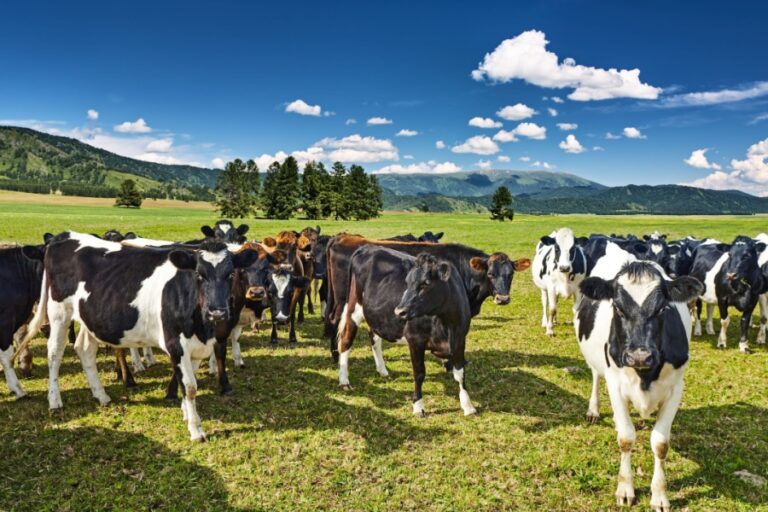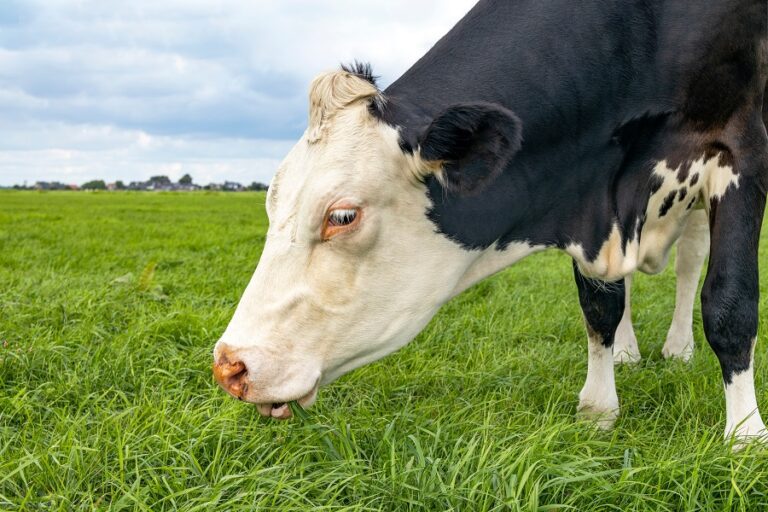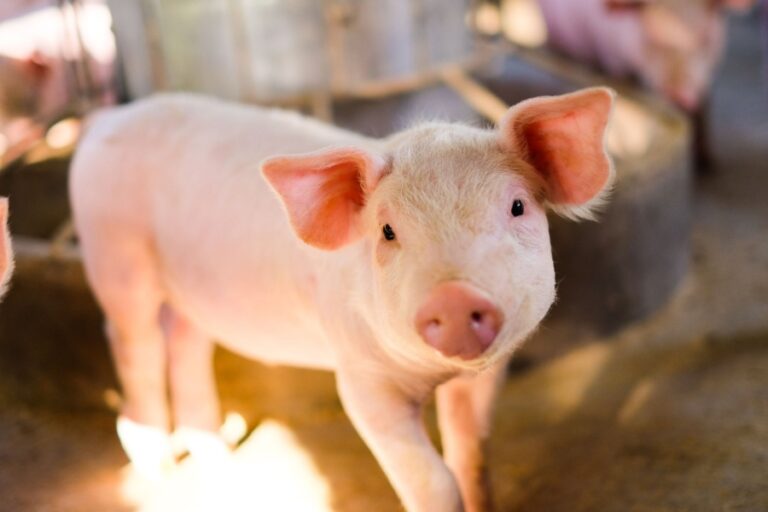The Complexities of the Broiler Immune System
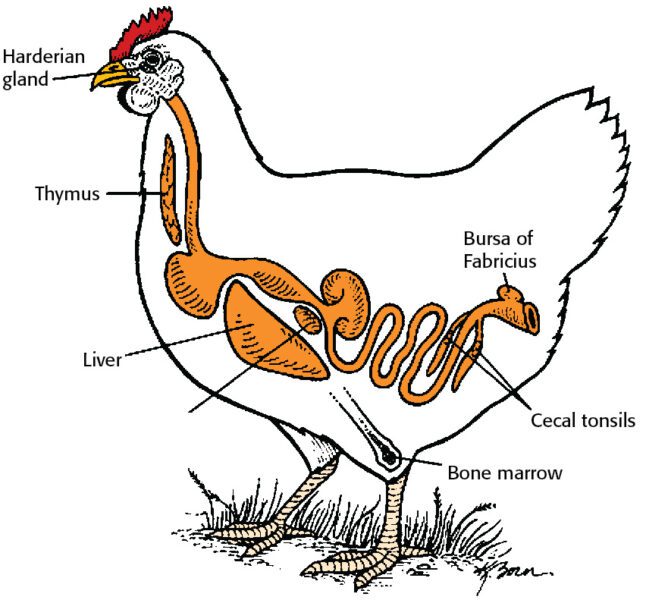
Priskila Hutapea, Technical Services
Disease-causing pathogens pose a constant threat to poultry. The immune system provides the first line of defense against these pathogens, protecting the bird from antigens entering its body. But there are two systems that work together to support a chicken’s body when it’s exposed to a pathogen: innate and adaptive.
Poultry Immune System Basics
The innate immune system is non-specific, offering an immediate response once an antigen has been detected. Physical and chemical barriers, blood protein, and cellular components make up the innate immune system.
The adaptive immune system is much more complicated, making it slower to respond to pathogens, but more effective than the innate immune system. Immunological memory is stored by the adaptive immune system, so the animal’s body recognizes the pathogen it’s been exposed to and can respond to future exposure.
Another important immune organ is the gastrointestinal tract, representing 70% of the bird’s immune system. The intestinal epithelial lining (IEL) has gut-associated lymphoid tissue (GALT) that produces and stores immune cells, supporting immunity by releasing cytokines when activated. Cytokines are cell-signaling proteins that regulate other cells and tissues during inflammation and immune response.
In poultry, the organs associated with the immune system are the primary lymphoid organs, including the thymus, bone marrow, and a unique lymphoid organ located in the rump called the bursa of Fabricius. The bursa of Fabricius amplifies, differentiates, and matures a type of white blood cells called B cells, and is very active in young chickens, disappearing when the bird reaches maturity.
The spleen, Harderian gland, pineal gland, and other lymphoid tissues are also part of the immune system. These lymphoid tissues are strategically located where foreign matter enters the chicken’s body. Chickens also have a lymphatic circulatory system and capillaries that communicate with the bird’s blood supply to transport the lymph fluid throughout the body.
At hatch, chicks have an incomplete immune system and secondary immune organs such as the spleen, caecal tonsils, and Meckel’s diverticulum are also incomplete, leaving the chick susceptible to pathogens. The hen provides maternal immunity through the amniotic fluid and yolk of the egg that the chick uses until its immune system develops at a few weeks of age.
Hen Nutrition Critical for a Robust Immune System
The hen’s nutritional status and early nutrition are critical in preparing her chicks’ immune systems. The nutrients the hen receives support the growth of both the primary and secondary lymphoid organs.
After hatch, a chick requires sufficient feed intake to rapidly develop its immune system. Research1,2 has shown that delaying a chick’s access to feed after hatch affects its intestinal development, GALT, bursa of Fabricius, caecal tonsils, and Meckel’s diverticulum. Therefore, early feeding is not only associated with immune organ development but also with the function of the immune system in young chicks. In addition to protein and energy, it is critical for early feeding to include nutrients such as minerals and vitamins as well as other feed additives like prebiotics, probiotics, organic acids and essential oils3,4 to help develop a young bird’s immune system.
Contact your NOVUS representative today to learn how intelligent nutrition can support both the hen and chick immune systems.
- Madej et al. Impact of early post-hatch feeding on the immune system and selected hematological, biochemical, and hormonal parameters in broiler chicken. Poultry Science 103:103366.
- Kallam and Sejian. 2021. http://dx.doi.org/10.5772/intechopen.95989. Gut Health and Immunity in Improving Poultry Production.
- Hashemipour et al. Effect of thymol and carvacrol feed supplementation on performance, antioxidant enzyme activities, fatty acid composition, digestive enzyme activities, and immune response in broiler chickens.
- Du et al. Effects of thymol and carvacrol supplementation on intestinal integrity and immune responses of broiler chickens challenged with Clostridium perfringens. Journal of Animal Science and Biotechnology (2016) 7:19
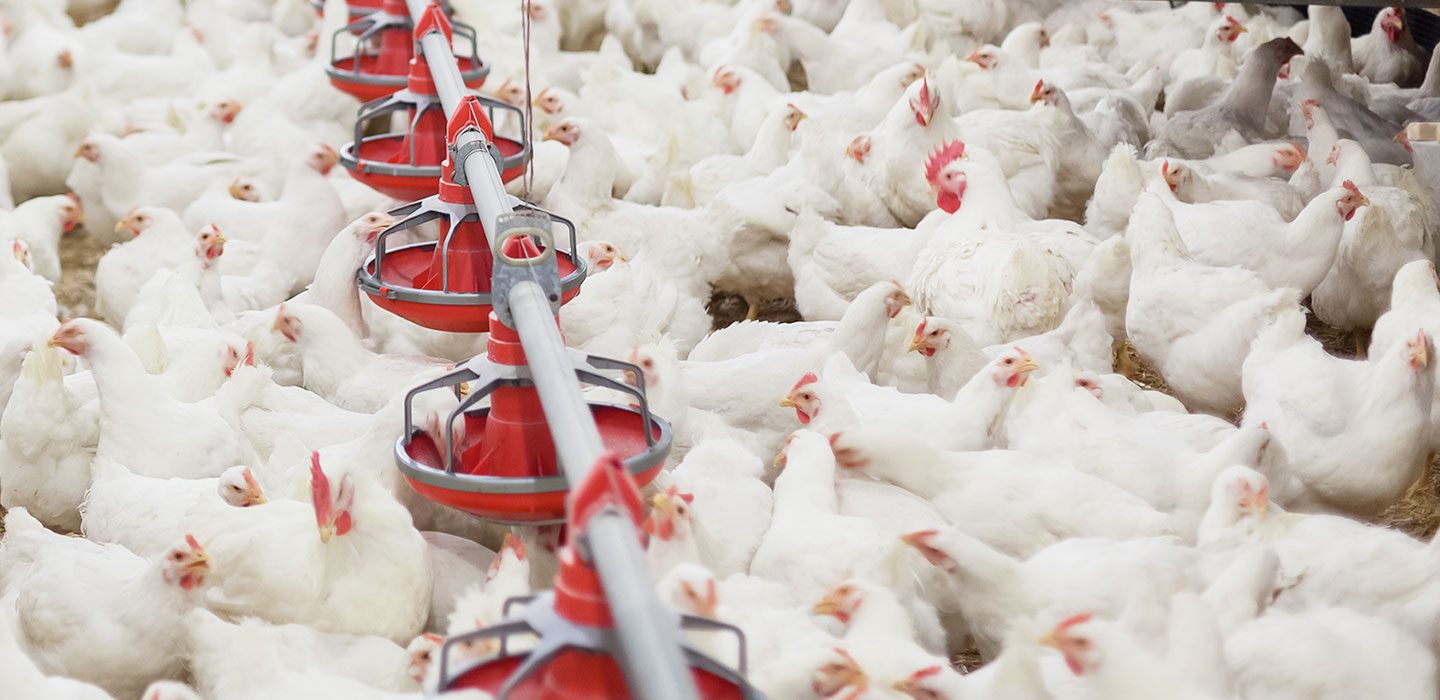
Intelligent Nutrition for Your Business
More science. More insight. More inspiration. More ways for you to feed the world.


